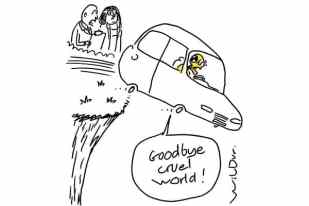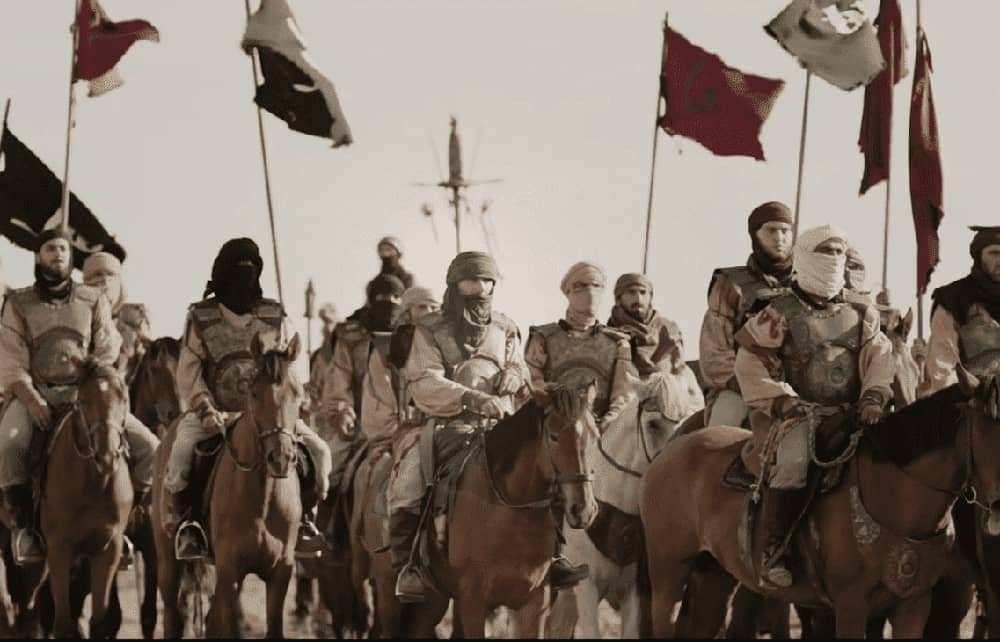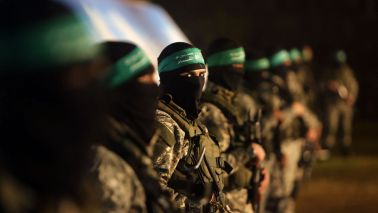The protests against the film The Lady of Heaven reminded me of a demonstration I attended as a child. My father had taken me to Hyde Park to stand with thousands of other British Muslims to oppose Salman Rushdie’s The Satanic Verses. Ban the book, the cries went up. Some began to burn copies. Others started to chant ‘Death to Rushdie’. My father quickly grabbed my hand and turned away. ‘We are not a people who burn books or kill authors,’ he said later. He never joined a protest again.
Last week, angry young Muslim men surrounded shopping malls and cinemas in Leeds, Bolton, Sheffield, Birmingham and London to demand the banning of The Lady of Heaven. Cineworld, caught off-guard, backed down and accepted the mobs’ demands.
The BBC and Sky News, rightly worried about free speech, hosted debates (a trading of insults, really) between leaders of rival factions. More than 130,000 people signed an online petition demanding the film’s removal. But there are 3.4 million Muslims in Britain: who speaks for them?

When church clerics get involved in politics, we’re told who they are and what denomination they represent. With Islam, they’re just seen as ‘angry Muslims’. No one seems interested in digging deeper to find out what’s really going on – and how representative the activists are.
A direct line can be drawn between the Rushdie protests and those of last week. They originate from one section of the leaders of Britain’s Muslim population: the Barelvis. Named after a Muslim poet and scholar, Ahmed Raza Khan Barelvi, they have, historically, been peaceful and moderate. Khan penned some of the most beautiful poetry and songs in Urdu dedicated to Mohammed. But latterly the Barelvis have begun to accuse other Muslim sects – Shiite, Deobandi and Wahhabi – of not loving the Prophet sufficiently.







Comments
Join the debate for just £1 a month
Be part of the conversation with other Spectator readers by getting your first three months for £3.
UNLOCK ACCESS Just £1 a monthAlready a subscriber? Log in